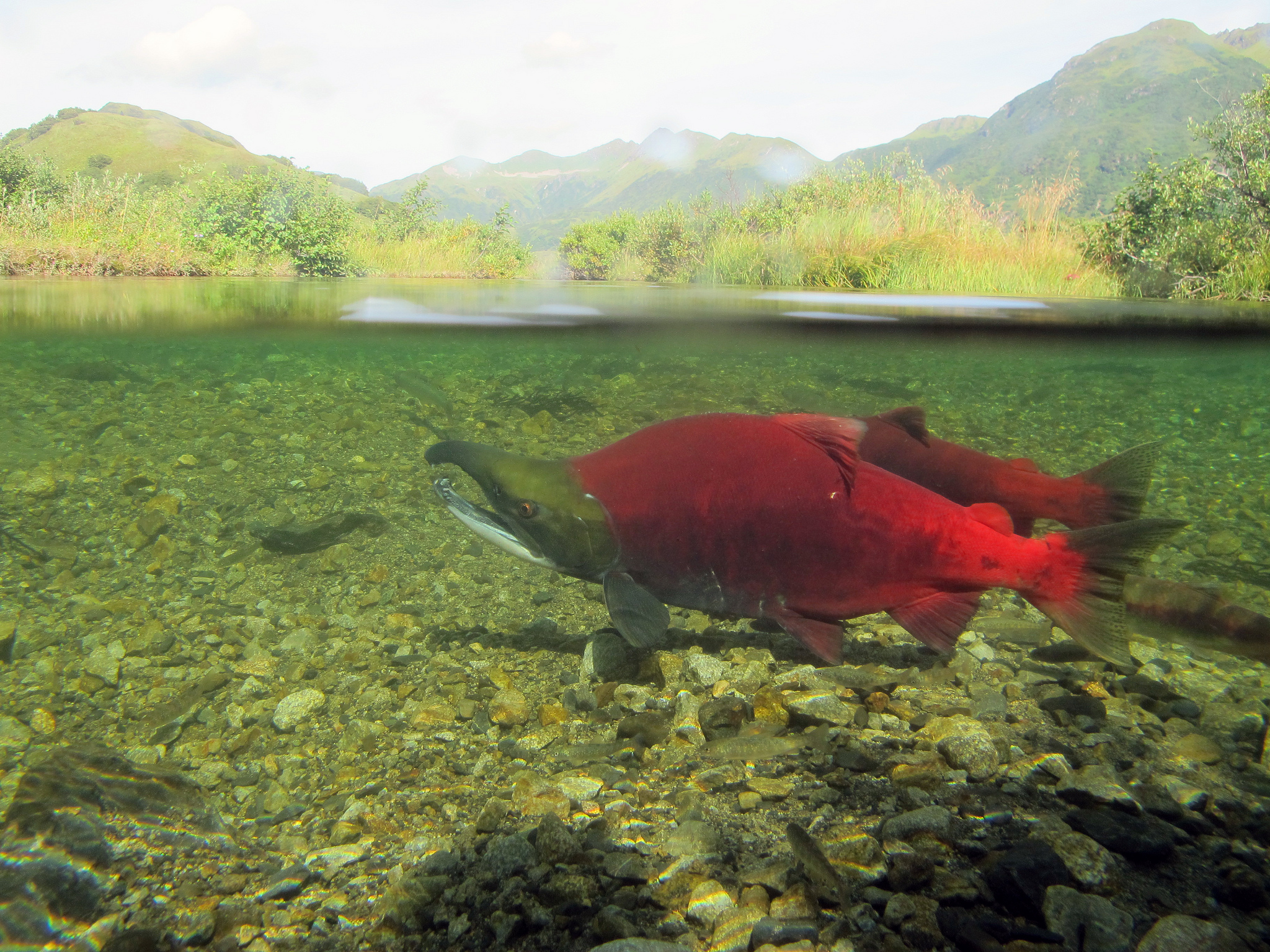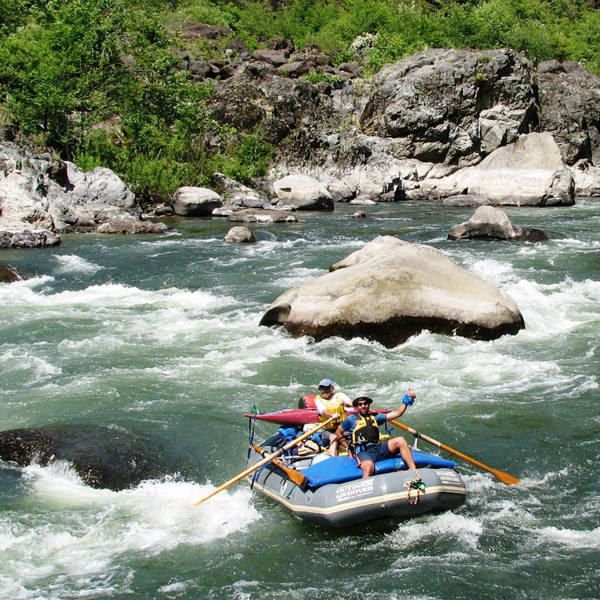Why Do We Need Wild Rivers?

A river isn’t only important to the animals who live in it, or the people who boat on it. Its value reaches to everyone.
Even if you’ve never felt the charge of a rapid, or a nimble trout as it slides through your fingers, you’re still connected to the rivers and streams that flow nearby—we all are.
Rivers are our main source of clean drinking water, and their economic value, environmental value, and even aesthetic or spiritual values touch each and every American.
Only a fraction of one percent of America’s rivers flow freely. And it’s no surprise that those are the ones people flock to for river recreation, and that are home to the most vibrant wildlife populations. Special protection, such as a Wild and Scenic designation, helps make sure rivers and their ecosystems remain free and healthy for all of us.
Here’s why that’s important:
A healthy, wild river makes for a clean water supply
We all drink water, and the majority of our supply comes from rivers and streams. In fact, if all the world’s water were to fit in a gallon jug, only a tablespoon of it would be the equivalent of the fresh water available to us to drink.
The health of river ecosystems directly affects the quality of the water we drink. The forest and river act as filters, constantly purifying the water so it requires less chemical treatment and expensive filtration to be clean enough to drink.
Wild rivers can provide flood protection
A wild river that occasionally floods its banks nourishes floodplain habitat, important for fish and wildlife. Natural floods can also keep invasive species in check and give important cues to fish that swim upstream to spawn.
A wild river’s connected floodplains and wetlands mitigate a flood’s damage, providing a “relief valve” for floodwaters, protecting downstream communities. When we protect a wild river we give it room to move, and room to accommodate floodwaters safely.
Rivers support recreation and tourism

Wild rivers are fun—and fun can be lucrative. Rafting, fishing, swimming, hiking and wildlife watching all draw people—and therefore money—to areas with healthy rivers.
Sometimes those are rural areas with little else to rely on for economic development. River recreation brings jobs into areas that might otherwise turn to less sustainable industries to support their economies.
Visitors rent kayaks, buy gas, eat in restaurants and stay in hotels, which all adds up to cash flowing into the community. According to a report by the Outdoor Industry Association, outdoor recreation participants spend $86 billion annually on watersports (kayaking, stand-up paddling, rafting, canoeing, and motorized boating), the second highest revenue stream, with camping in the lead at $142 billion. Watersports directly support more than 800,000 jobs annually.
Wild rivers support the entire web of life
Countless species of fish, birds and other animals live in and along rivers and depend on them for their food. Riverside areas in the West provide habitat for more species of birds than all other western vegetation combined.
Eighty percent of neotropical migrant species (mostly songbirds) depend on riparian areas for nesting or migration. And, eighty percent of all vertebrate wildlife in the Southwest depend on riverside areas for at least half of their life. Rivers also connect ecosystems to one other and affect landscapes far beyond the apparent surface of the water. For example, wetlands provide breeding areas for many migratory birds, and rivers provide corridors for wildlife to move within and migrate as American landscapes become increasingly fenced off and fragmented.
Without the last remaining wild areas that rivers provide—while all around land is being developed or fenced off—species as small as crabs and as large as moose lose their ability to find food and reproduce.
Wild rivers hold immeasurable spiritual and aesthetic value
If literature is any indication, wild and free rivers are a key metaphor for the human experience.
Books have been written in honor of them. Poets use them as similes. Many religions have long held water as a part of their spiritual values. If there had been no wild and free Mississippi, there would be no Huck Finn. The river was a symbol of freedom and opportunity.
Even today, whether it’s sitting by a tiny trickling alpine stream or rafting the mighty Colorado River through the Grand Canyon, people from all walks of life find inspiration and a sense of smallness and peace with nature alongside wild rivers.
Economic values aside, we are all psychologically, spiritually connected to clean, flowing rivers.
